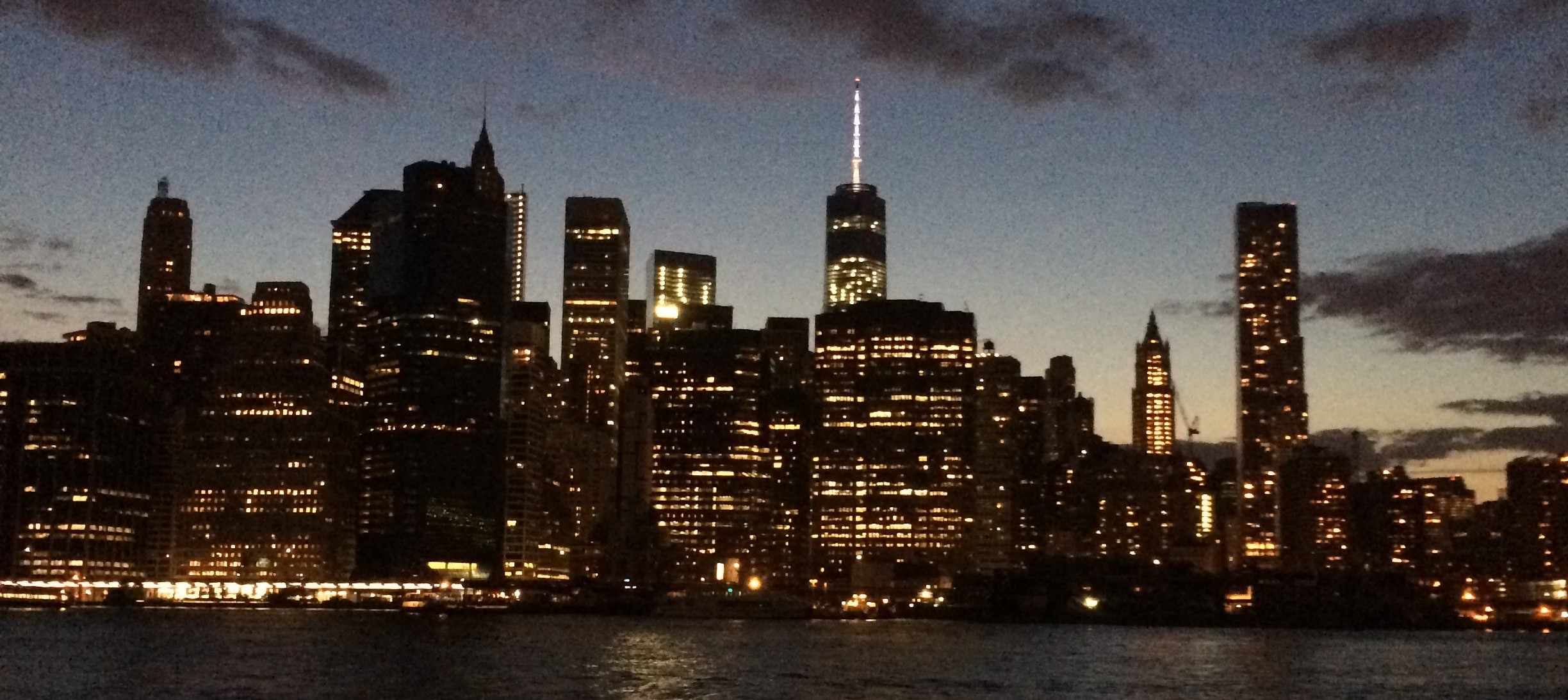The Urbanist
I was born in the city. I was raised in the city. God willing, I’ll die in the city, though maybe not the same city I was born in.
It’s the only way of life I’ve known. I was born and raised in Philadelphia. My childhood spent in a residential neighborhood of row houses in the Tacony neighborhood. I went to middle school and high school just north of downtown Philadelphia, and attended college in Brooklyn before returning to Philadelphia to finish my education. I lived in West Philadelphia’s Spruce Hill for four years before moving back to New York in 2012, where I intend to stay. The city is in my blood.
I read paeans to the beauty, the tranquility, and the silence of rural life, but I don’t understand it. The silence scares me, unnerves me, especially since it’s never really silent out there. The wind blows and rustles the trees, the insects chatter and buzz, and when you’re used to man-made noises, grew up with them outside your window, it makes sleep difficult. At least in the city, I’m used to the noises, and can tune them out, unless it’s the damn ice cream truck.
The city is density and noise, but it’s also livelihood. It’s never wanting for something to do, even if you don’t want to do anything. It’s being able to walk to the grocery store and back—maybe with a Granny Cart—or ordering in food from almost any cuisine you can name. It’s a neighborhood bar I can walk to, and stagger home from. It’s being able to commune about the miseries of delayed subway trains without speaking a word. It’s finding the silent place, no matter where it is, and appreciating it, for you know it is transient.
Cities let you hide in plain sight. You come and you go placidly, amid the noise and waste, and remember what comfort there my be in being a part thereof. Whatever sins of urban living you commit today, and you will commit at least one, will be washed away overnight. When you get back on the train the next morning, nobody will even remember. It’s liberating, in a way. It’s the introvert’s dream. All the people around you are extras in the movie of your life, and you are an extra in theirs.
The city is freedom. It’s liberation. Where do the disaffected congregate? Where do the immigrants, minorities, the shunned collect? The city. They build support structures for each other, they build businesses and lives. Every city has its neighborhood whose identity is defined by the people who built a community there, where nobody else would have them. From Chinatowns to Gayborhoods, the marginalized and the different have used cities as places to lift themselves up. One of my favorite New York city memories is walking in the West Village, on my way back to the subway to go home, seeing a man in traditional Saudi garb, talking politics, and saying with the utmost sincerity: “I am an American!†He is, no question.
The city is real life amplified. Sarah Larson, in her essay on the recent gas explosion and fire in Manhattan’s East Village puts it perfectly:
Living in New York intensifies the common life experience of having daily pleasures and terrible accidents coexist in close proximity. Terrible things can happen right near you, and chance determines whether your life is changed. Most of the time, incredibly, we remain safe.
You can’t forget you exist in the big city. Doing so is to risk death, or at least serious injury. It’s not so much falling down an open manhole cover, more like getting hit by a delivery guy on a bike. That’s the most danger you’ll probably be in, a large, American city’s downtown in 2015. Random horrors can occur anywhere. In the city, the infrastructure is there to deal with it quickly. The NYFP was on the scene of the explosion in three minutes flat. That’s impressive work anywhere.
I’ll never say the ruralists are wrong. It’s a big enough country, a big enough planet, that they can live in their place apart and be happy. I hope they enjoy it. For me, I thrive in city life. I live for long walks on city blocks, curious of what’s new, amazed by what’s old—yet new to me. It’s all here, in the wild, noisy, organized chaos of what I call home. The country is a nice place to visit, but I wouldn’t want to live there.
